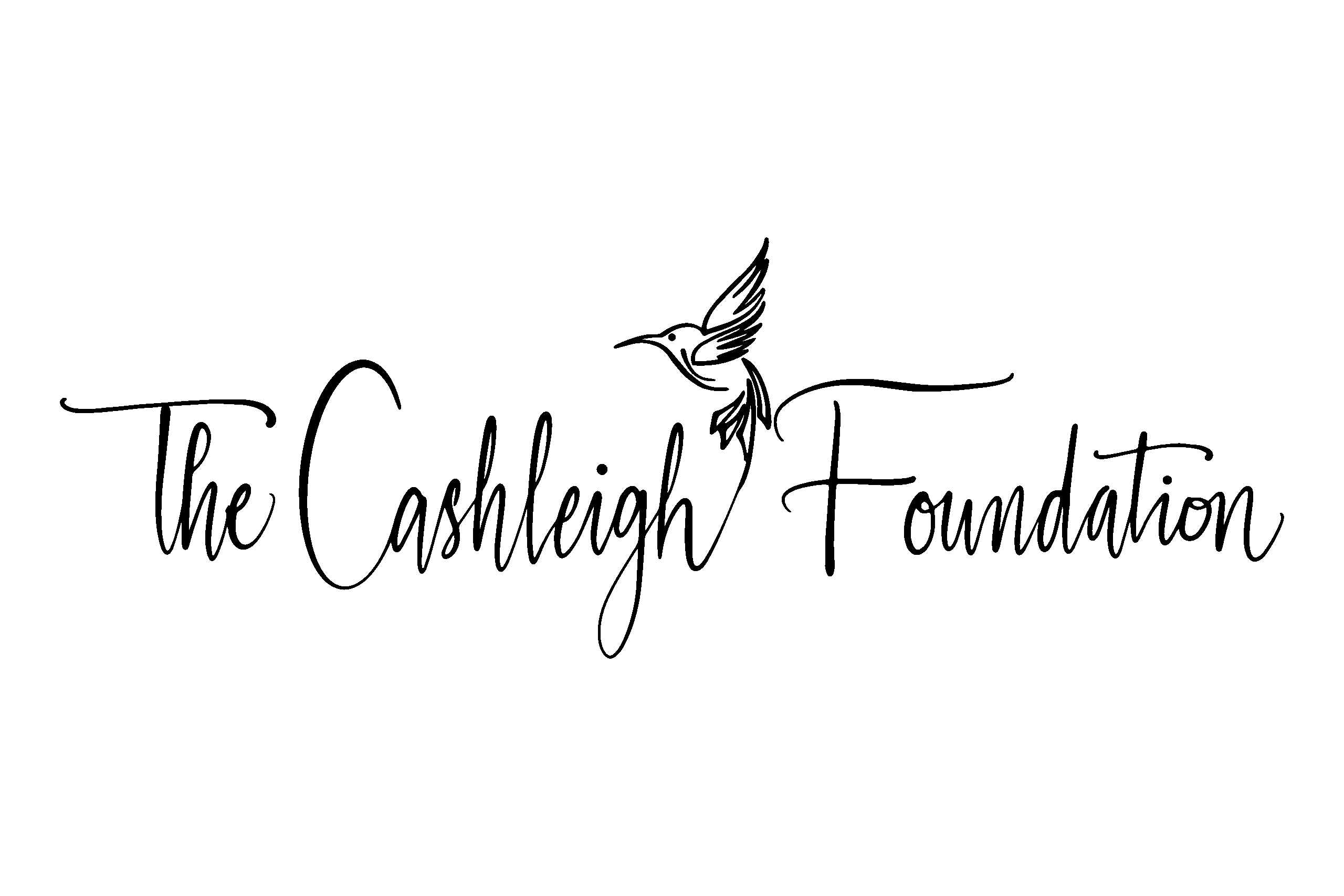Lessons from Losing My Daughter to Suicide
Since losing my 20-year-old daughter to suicide in 2022, I’ve been very transparent on social media about her story and especially vocal about youth suicide prevention. One of my posts has over 23 million views, so I receive many direct messages. A common question from other moms is how they can prevent their children from becoming victims of suicide.
My answer isn’t what they expect. I don’t provide a list of over-the-counter medications they should never have around the house, nor do I advise keeping their children off certain websites or social media platforms, or give them a list of warning signs. Because the truth is, youth suicide prevention starts long before parents need to worry about locking up medications or hiding sharp objects. Here’s my list of some things we, as parents, should do to help prevent our children from becoming victims of suicide.
1. Don’t assume it’s safe to leave your children (sons and daughters) alone with anyone (male or female) simply because they’re family or you’ve known them for a long time.
In my daughter’s case, she was sexually abused by a male member of my immediate family when she was just eight and he was 23. It happened in our home while I allowed him to stay with us briefly.
2. Don’t fool yourself into thinking that if someone touched your child inappropriately, your son or daughter would tell you.
Cashleigh and I were very close. We went everywhere together and talked about everything. She used to say I was her personal diary. But she didn’t tell me what happened until nearly a decade had passed. It doesn’t matter how close you are with your child; if they’ve had a traumatic experience, their brain doesn’t want to think about it, let alone talk about it and give it air to breathe and be real.
3. Don’t allow your own dysfunctional upbringing to skew your judgment.
Cashleigh repressed the memory of what happened to her for many years – until she couldn’t any longer. In junior high, she began having trouble sleeping. She was cutting, and she was having trouble with her short-term memory. I didn’t know this back then, but these are all signs of post-traumatic stress disorder. I thought perhaps her sleep and memory issues were due to her asthma medication or because she consumed too many sugary foods. Having been raised by a mother who belittled me for crying or being angry or sad at anything, I told myself Cashleigh was just being a silly adolescent and was probably cutting to seek attention. So when I asked her if she was okay and she looked me in the eyes and said yes, I felt relieved and I didn’t press her.
4. If your child musters up the strength to ask you for help, get them in to see a mental health professional.
Unless you’re a licensed therapist or psychiatrist, you are not equipped to help your child unpack whatever they’re dealing with. You love them and mean well, but you are not educated and trained to know how to help them. Knowing how difficult it is for someone struggling with their mental health to ask for help, the last thing you want to do is downplay what your child is feeling by not taking it seriously.
A few years before Cashleigh told me what happened to her, she asked me if our insurance paid for therapy. I told her yes, but instead of just making an appointment for her and allowing her to have a place to open up to someone who could have helped her, I pried and asked questions. She backed off and said she was fine when I brought it up again. In 2020, during the pandemic, after she graduated from high school, she was nearing a mental health crisis point and told me what she remembered about what happened to her. I was desperate to find her a therapist and spent months making calls and emailing providers before she was finally able to see someone. I caused her to lose what could have been an entire year of healing.
I know this list doesn’t look like what you thought it would. I’m sure you were expecting information about the types of friends you should discourage your child from having or the music genres they shouldn’t be allowed to listen to. But the truth is, your child is more likely to become a victim of suicide because of a traumatic event they endured than because of the people or things they associate with that are a bad influence on them.
Trauma, abuse, and neglect can all lead to mental health issues. It’s our job as parents to do our best to shield our children from these experiences and ensure they receive the help they need, when they need it. In the unfortunate event of losing your child to suicide, you don’t want to replay all the things you should have said and done to prevent it. Trust me, you don’t want to live with that regret.

